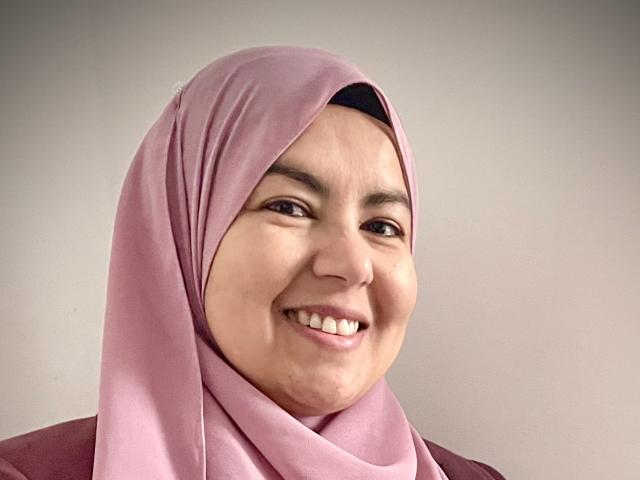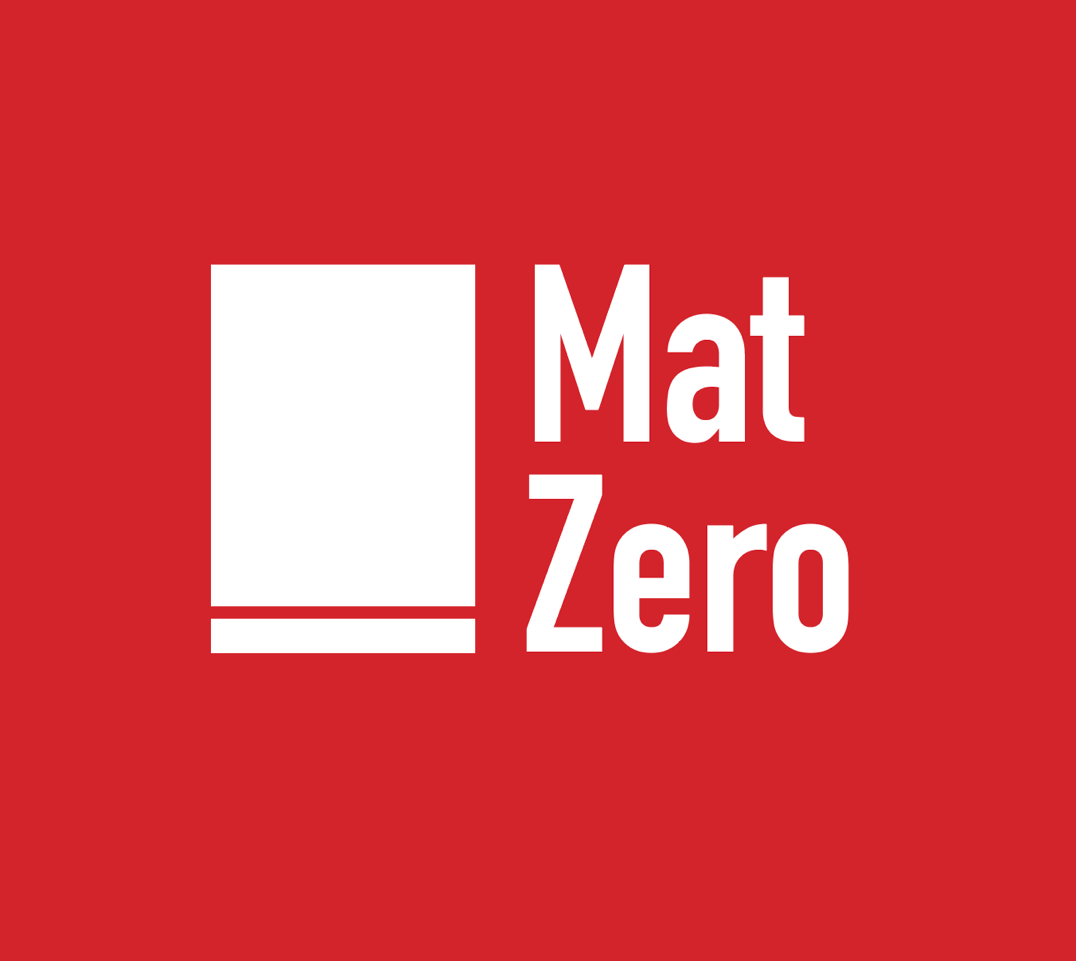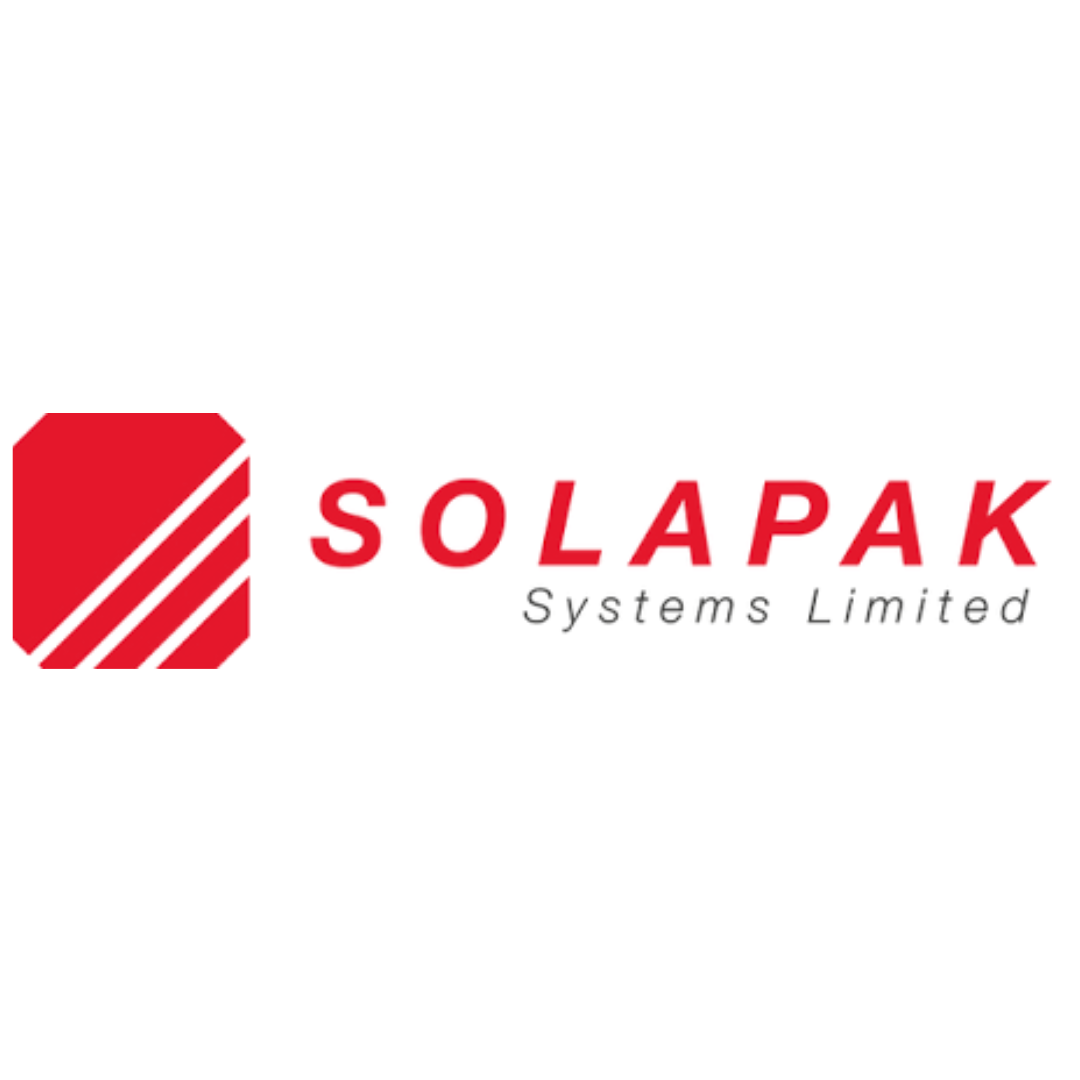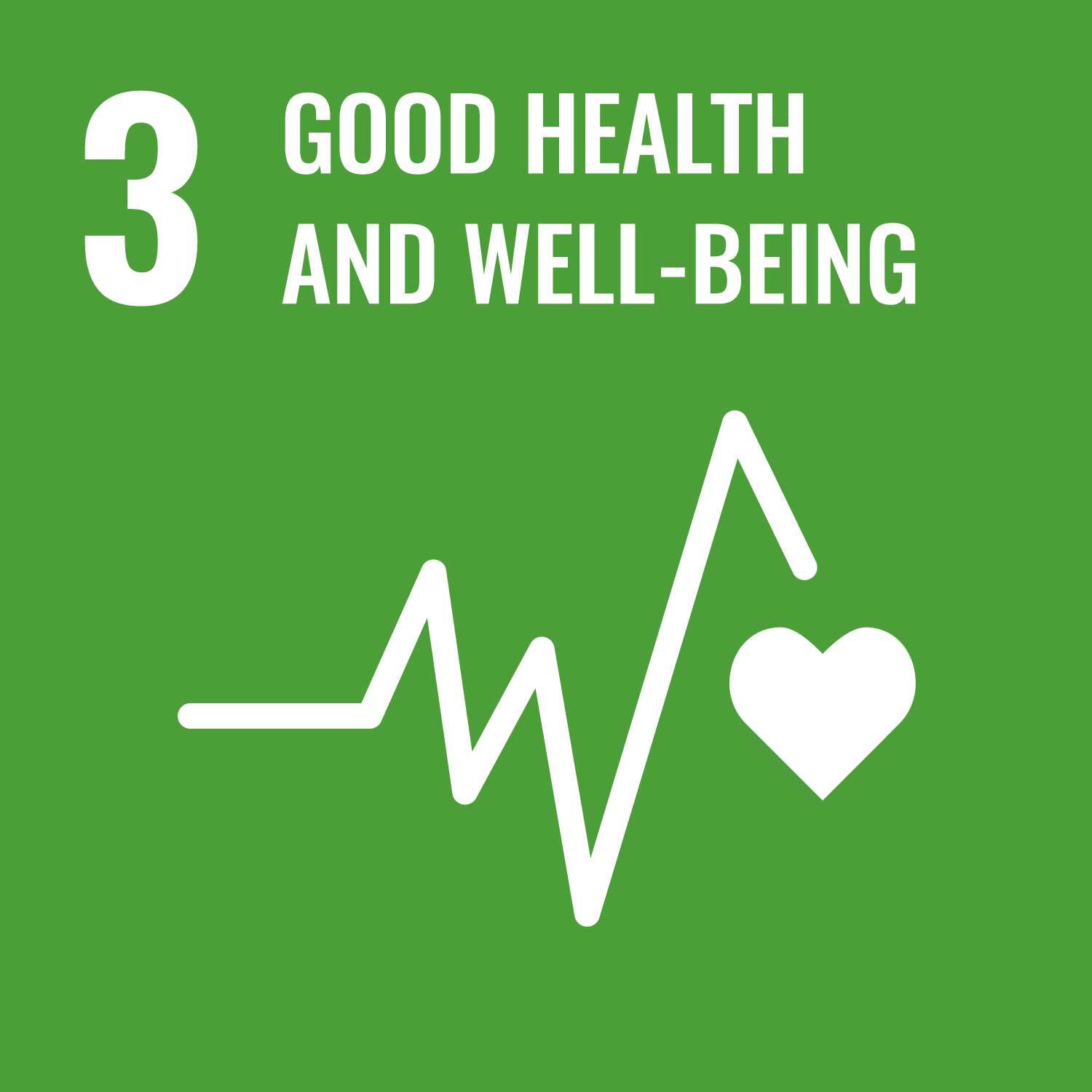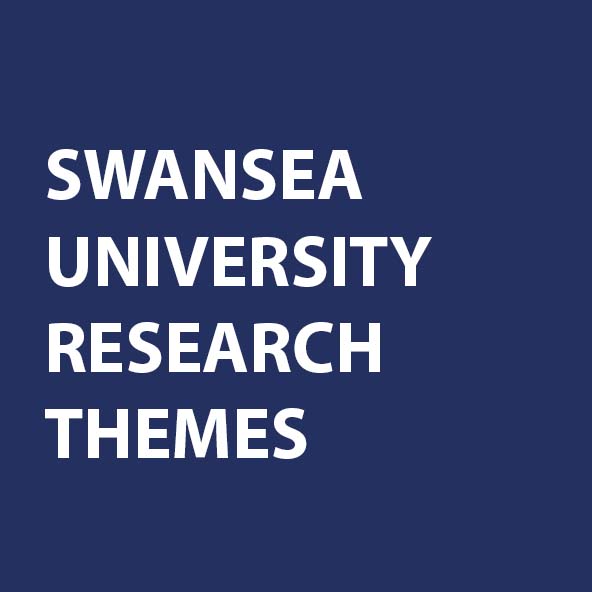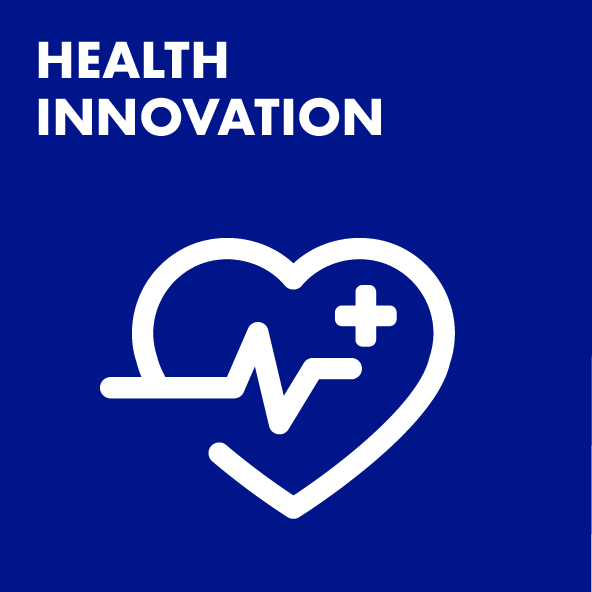The Challenge
Mat Zero: cold hands, warm heart
In 2022, more than 4.9 million individuals sought asylum worldwide. Another 32.5 million people have attained refugee status. Around 16 million of these refugees will be children under the age of 18.
Heating is one of the most basic human needs. Many refugees and asylum seekers do not have access to clean, reliable, and effective heating. Those who are displaced end up living in tents or unsuitable homes in poor conditions with poor access to heating. The heating is often provided by diesel generators which are noisy, bad for the environment and a health hazard.
Refugee camps are often exposed to extended periods of cold temperatures, particularly during the winter months and at night. Without a reliable heat source, refugees are at risk of developing conditions such as hypothermia, frostbite and even trench foot.
The Mat Zero project creates cutting-edge technology to provide heating to people suffering extreme hardship. The project is funded by Innovate UK - Energy Catalyst Award: Round 10 and Swansea University Morgan Advanced Studies Institute - MASI.
Mat Zero is a safe and sustainable heating solution for refugees, disaster relief and informal settlements. The product consists of a heated mat, an Energy Hub and solar panels. The mat provides heat using safe carbon fibre heating technology that can be installed in any type of shelter.
The team - Dr Ashra Khanom, Dr Denis Dehenny, Sri Hollema, Dr Mark Spratt, Dr Eifion Jewell, Dr Aelwyn Williams, Dr Berni Sewell, Alix Bukkfalvi-Cadotte - will work with partners abroad, including Nepal and Kenya to validate performance of the product. They will also assess humanitarian, carbon saving, and cost saving benefits against social development, and access-to-energy critical technology.
Focus groups and interviews with be conducted with people in refugee camps, key service providers and Non-Governmental Organisations. Key partners include Mat Zero Heat limited, Solapak Systems limited, Pahar Trust Nepal and Global Refugee-led Network.
The Impact
This project will significantly improve the lives of those living in refugee camps across the world. Contributing to the all-round comfort, health, and wellbeing of refugees, particularly those most vulnerable.
Project aims include:
- Understanding the value of the product for both direct beneficiaries living in refugee camps and non-governmental organisations who would be in a position to distribute the mats.
- Investigating how Mat Zero can be implemented in diverse environments, e.g. refugee camps with or without electricity grid connection or tents vs established housing.
- Exploring cradle to cradle strategies of the product life course to reduce environmental impact on end of life of the product.
- Exploring possibilities to manufacture the mat locally using 3D printed carbon based materials locally (from wood or waste materials) and the potential economic and social benefit on the community and the wider eco-system.


